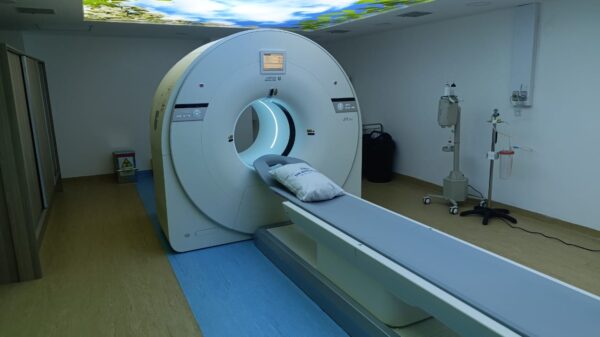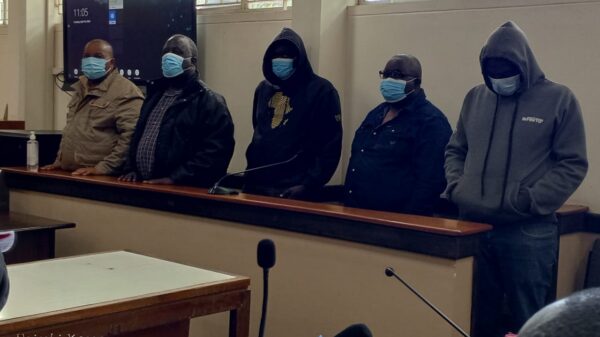NAIROBI, Kenya, Jan 13 – A project that combines the latest soil science and technology with remote satellite imagery and on-the-ground efforts to analyse thousands of soil samples from remote areas across Africa has been unveiled.
The project which is an ambitious new effort to produce the first-ever, detailed digital soil map for all 42 countries of the region and which is being undertaken by the International Center for Tropical Agriculture (CIAT) seeks to help provide solutions for poor farmers, who suffer from chronically low-yielding crops largely because of degraded soils.
“Soil management in sub-Saharan Africa must be improved dramatically if we are to reduce poverty, feed growing populations and cope with the impact of climate change on agriculture. Achieving this requires accurate, up-to-date information on the state of Africa’s soils,” said CIAT official Dr Nteranya Sanginga.
Efforts to improve African soils, which are among the most depleted on earth, have been hampered by a lack of up-to-date, comprehensive knowledge about current soil conditions.
This information is critical to identify the types and amounts of mineral and organic nutrient sources needed to increase crop yields. The need for action is hard to ignore. According to Food and Agriculture Organisation, one in three people – or 236 million as at 2007 – in Sub-Saharan Africa are chronically hungry.
The African Soil Information Service (AfSIS) will respond to that need by making up-to-date assessments of soil properties. Researchers will probe the landscape of sub-Saharan Africa, using a variety of highly accurate digital soil mapping techniques to create detailed soil maps, which will be available on the Internet.
Data provided by AfSIS at the regional, national and local levels will help farmers and agricultural experts identify the best options for sustainably improving crop production through better soil management.
CIAT’s Nairobi-based Tropical Soil Biology and Fertility (TSBF) Institute will lead the effort. The new digital soil map will ultimately be developed as part of a global soil mapping initiative, called GlobalSoilMap.net.
“This project will benefit farm families in Africa by showing how they can reverse the trend of declining soil fertility, a major reason for slow growth in the region’s agricultural productivity during recent decades,” said Dr. Namanga Ngongi Alliance for a Green Revolution in Africa. President.
AfSIS will use innovative remote sensing technology via satellite to create detailed images of large areas indicating nutrients, moisture and organic matter in the soil. It will also use infrared spectroscopy to analyze the chemical and physical properties and organic matter of soil samples. Commonly used in the medical industry, this latter technique is now being used in agriculture, to perform quick assessments of the soil’s capacity to retain water and absorb nutrients.
All soil information will be collected and made available via the Internet in a user-friendly manner. AfSIS experts will offer training to agricultural extension agents and others on how to interpret and translate information provided by the soil map for practical application.
Agricultural policy makers will find the information helpful for developing recommendations about the types, blends and amounts of fertilizers and other soil supplements that are most appropriate for improving harvests in particular regions. The project will pinpoint areas where soils are at risk and provide detailed information on interventions that have proved effective for deterring soil degradation.
The data will also provide insights on the environmental and human factors (such as weather patterns and population growth) associated with soil degradation and with the improvement of soil health.


































